Hello and happy Saturday. Is it just me, or was last week a very long month? The Office of Management and Budget released an order freezing certain federal grants and loans that caused significant confusion. It later rescinded the order after a judge in D.C. issued a stay to keep it from going into effect. President Donald Trump issued a series of executive orders designed to reduce and reshape the federal workforce, including offering deferred resignations to most federal government employees. On Wednesday night, a Black Hawk helicopter collided with a passenger jet making its final approach to Reagan National Airport, just outside of Washington, D.C., killing all 67 people aboard the two aircraft. The tragedy called attention to air-traffic controller shortages nationwide and put a spotlight on near-collisions and capacity issues at Reagan National in particular. On Friday night, Trump fired about two dozen prosecutors who worked on the January 6 cases and the Justice Department demanded the names of FBI agents–potentially numbering in the thousands—who worked those same cases.
And I haven’t even gotten to the confirmation hearings. Three of President Trump’s most controversial nominees—Kash Patel to lead the FBI, Robert F. Kennedy Jr. to lead the Department of Health and Human Services, and Tulsi Gabbard to serve as director of national intelligence—all appeared before Senate committees on Thursday.
Patel served in the first Trump administration on the National Security Council, as deputy director of national intelligence, and briefly as chief of staff to acting Defense Secretary Christopher Miller. In 2023 he published a book called Government Gangsters that included a list of officials who served in the Obama, Trump, and Biden administrations he described as “dangerous threat to democracy.” He has vowed to upend the FBI, once saying he would turn the bureau’s headquarters into a “museum of the deep state.”
Charles Hilu covered Patel’s hearing and reported that “Democrats on the committee brought all of these topics up at some point, but they did so in an unfocused manner that didn’t seem to damage Patel much.” Charles noted that Democrats failed to push back on false statements that Patel made about his involvement with the January 6 Prison Choir, though Sen. Dick Durbin did call out Patel when the latter denied knowing a far-right, antisemitic podcaster by saying, “You made eight separate appearances on his podcast.”
While Patel seems to be on the path to confirmation, questions remain about Gabbard and RFK. As we noted in The Morning Dispatch, “Gabbard has no intelligence experience beyond a one-year stint on the House Committee on Homeland Security and two years on the House Armed Services Committee on Intelligence and Readiness” and she “has praised whistleblower Edward Snowden and requested his pardon, made comments suggesting that the U.S. is to blame for Russia’s invasion of Ukraine, and cast doubt on whether recently ousted Syrian dictator Bashar al-Assad used chemical weapons against his own people during the country’s civil war—evidence of which is well-documented.” She faced strenuous questioning over her stance on Snowden, who in 2013 released 1.5 million classified documents from the National Security Agency and who is now a Russian citizen after seeking asylum there. She acknowledged that he broke the law but would not call him a traitor.
Kennedy faced not one but two hearings, appearing Wednesday before the Senate Finance Committee and Thursday before the Senate Committee on Health, Education, Labor and Pensions (HELP). John McCormack reported from the hearings, where Kennedy faced pushback on his support for abortion, opposition to vaccines, and comments he made supporting a conspiracy theory that COVID-19 was bioengineered to spare Chinese and Jewish people. He also “failed to demonstrate a basic understanding of Medicare and Medicaid—massive programs over which the HHS secretary has oversight.”
Republican Sen. Bill Cassidy, a physician who chairs the HELP Committee, told Kennedy, “I’ve been struggling with your nomination.” John wrote that while RFK might have hoped for support from senators like independent Bernie Sanders and Democrat John Fetterman, his performance undermined that possibility, and there might be enough “no” votes from Republicans to sink his confirmation.
In a normal week, if Jonah were to start his Friday G-File with a discussion about aliens and probing that led to jokes about crop circles and, um, corn holes, we’d have a good chuckle and wonder where he was going with all this. And, well, I did chuckle. But he was actually making an important point about these three nominees. What Patel, Gabbard, and RFK have in common is that they’ve been critical of the institutions that they are about to lead, or at least their missions. And Americans have come to distrust these institutions, sometimes for good reason. But just because someone rightly criticizes an organization, does that mean he or she should be put in charge of it? Jonah gives us a thought experiment:
Let’s imagine something much easier to get your head around. NORAD, NASA, and the FAA have been badly run in recent years. They’ve made statements that turned out to be wrong. They overstepped their roles and pursued policies outside of, or contrary to, their core missions. NORAD moved on from tracking Santa to stalking the Easter Bunny. Whatever.
Also imagine that Americans are pissed off about it. They’ve lost faith and trust in these institutions.
Now, do you think that someone who has been going around claiming that alien proctologists gave him the business should be put in charge of NASA? Should a rancher who claims he lost 50 cows to alien mutilators be put in charge of NORAD?
I can’t top that, so I’m going to wish you a good weekend and get to the rest of the stuff you might have missed. Thanks for reading.
“Who could have predicted, just a week into Donald Trump’s second administration, that his vice president would be in a spat with the United States Conference of Catholic Bishops and the archbishop of New York, who had just delivered an invocation at Trump’s inauguration? It’d be less surprising—expected, even—if it were Trump himself. But J.D. Vance is the highest-ranking Roman Catholic in the U.S. government, so it was astounding when the vice president accused the bishops conference of being more concerned with their “bottom line” than their pastoral work helping refugees and immigrants. Catholics engaged in public policy in Washington and beyond were, in a word, shocked by Vance’s charge.”
“If you insist on judging the federal buyout, impoundment, the Justice Department purge, the gangster-ization of law enforcement, the recess-appointment ploy, and half a dozen other hair-raising Trump proposals through a traditionally conservative classical-liberal frame, you’re deliberately refusing to see the forest for the trees. These policies are not being offered in isolation, with an eye in each case to maximizing the public welfare, and therefore to be ‘called’ as balls and strikes on their individual merits. They’re part of a cohesive, aggressive authoritarian program to accrue power in the executive branch and to wield it to advance the president’s interests, whether or not that’s lawful or to the country’s general benefit.”
“When the Freedom Caucus was founded on the principles of fiscal conservatism in January 2015, the national debt stood at roughly $18 trillion. Over the past decade, that figure has doubled. Asked if he could recall any Freedom Caucus achievements on spending, Mick Mulvaney was circumspect. ‘My guess is that we didn’t,’ he told The Dispatch. ‘If anything, we raised awareness, and that was about it. We just didn’t have numbers.’ A House GOP aide close to the Freedom Caucus was similarly unable to point to any significant victories for fiscal conservatism. ‘We are a small band versus the ocean of spending, so we’ve at least tried,’ the aide said, while maintaining that the Freedom Caucus has driven the party to the right on other issues.”
And here's the best of the rest!
Why Donald Trump’s pardons are worse than Joe Biden’s.
Despite some MAGA sniping, the entrepreneur continues to wield lots of influence.
Individuals don’t necessarily need kids. But society does.
Tech billionaires aren’t the bean-counters that balancing the budget will require.
Previous expulsions of migrant laborers have proven economically harmful—even for the people the policies were supposed to help.
Why FIRE is defending Iowa pollster J. Ann Selzer against Donald Trump.
Why the South American ally drew Donald Trump’s wrath.
Saving Jonah’s soul.
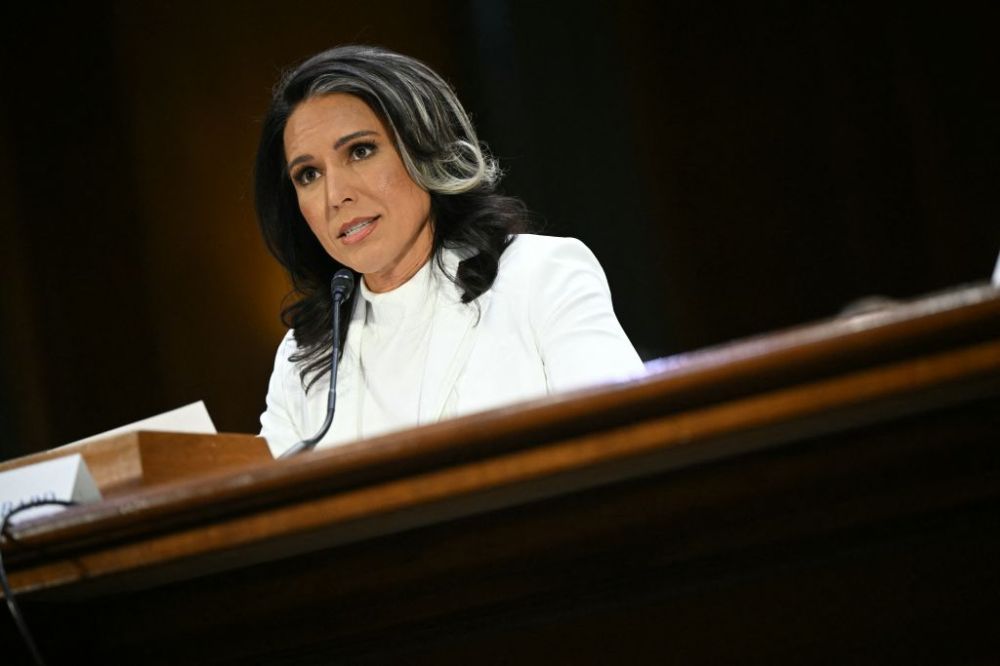

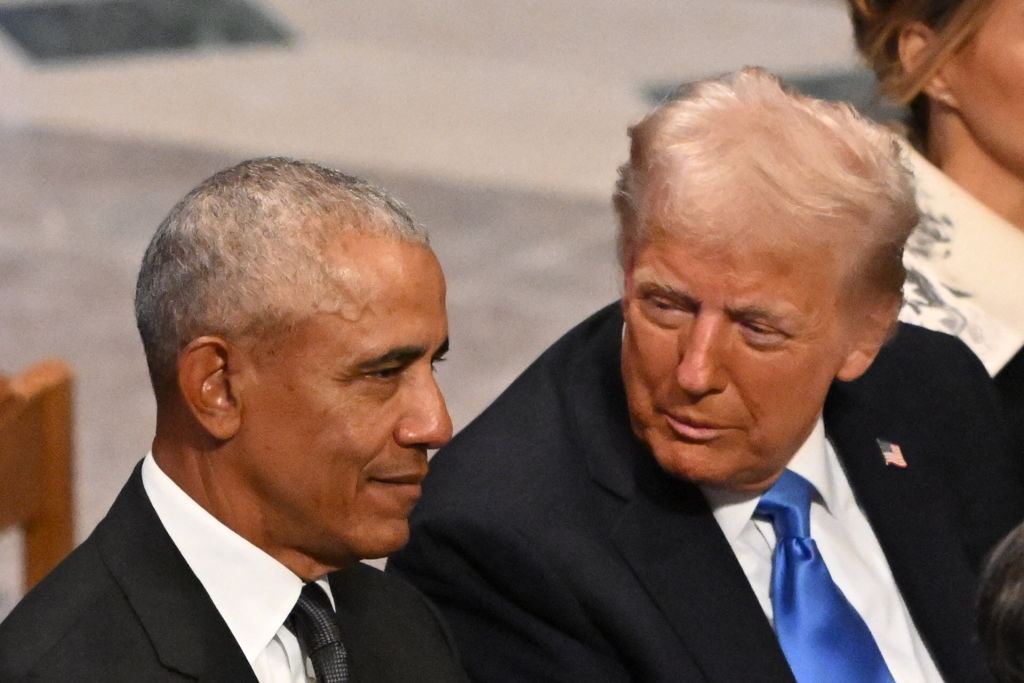
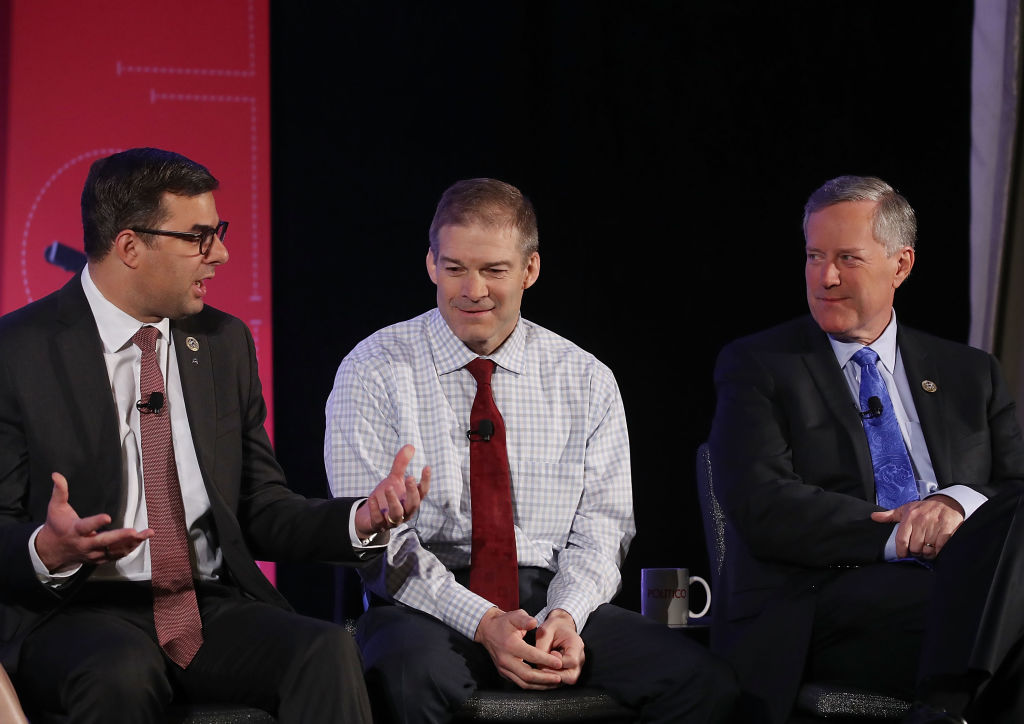
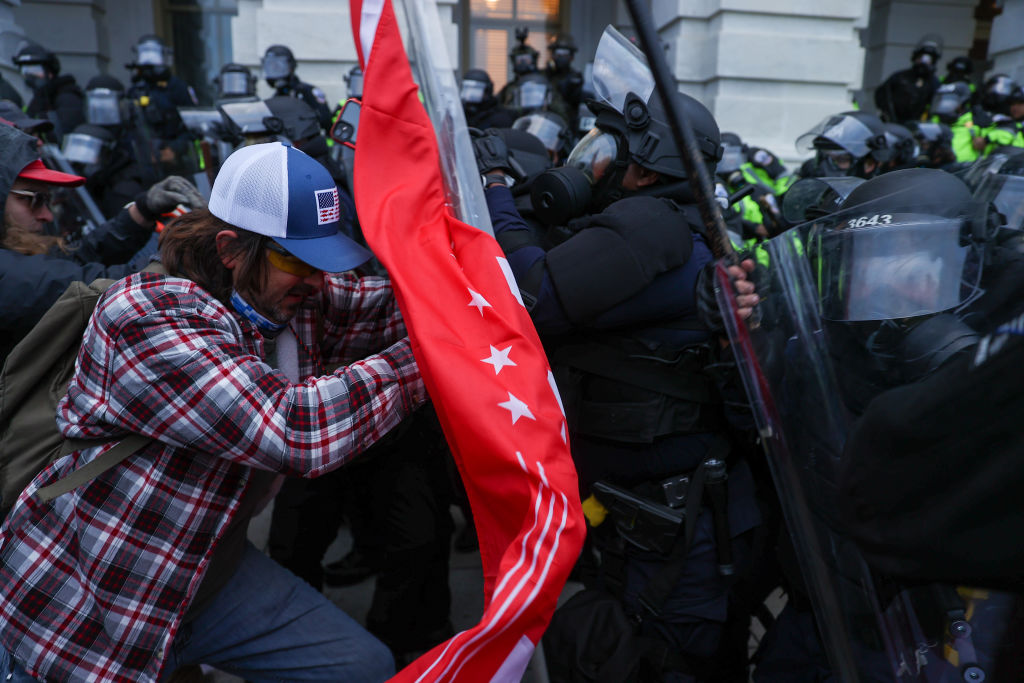
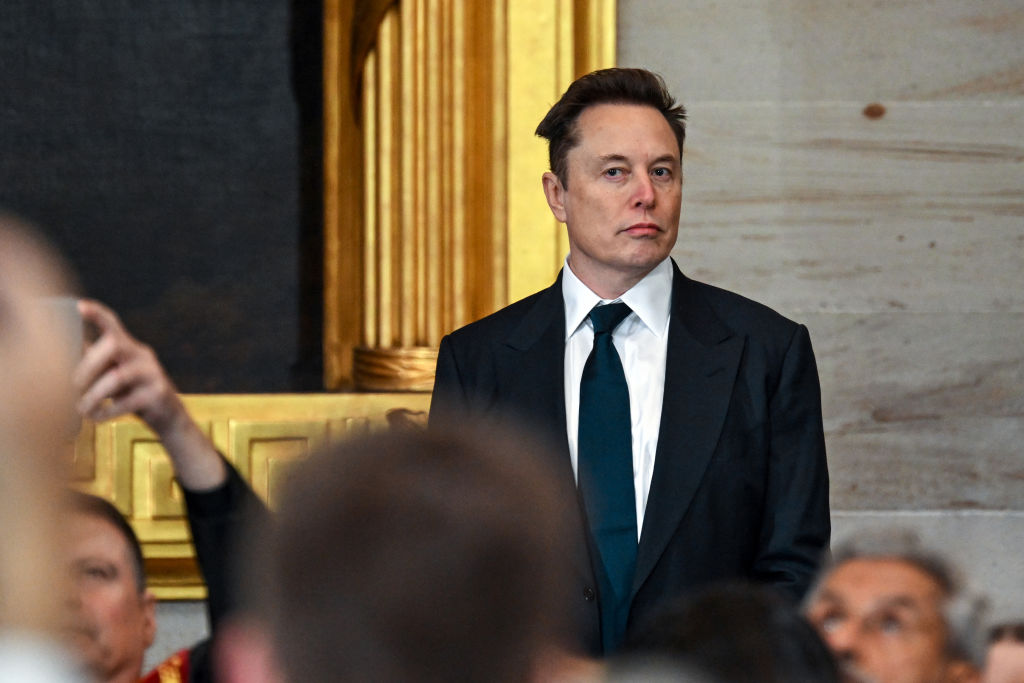

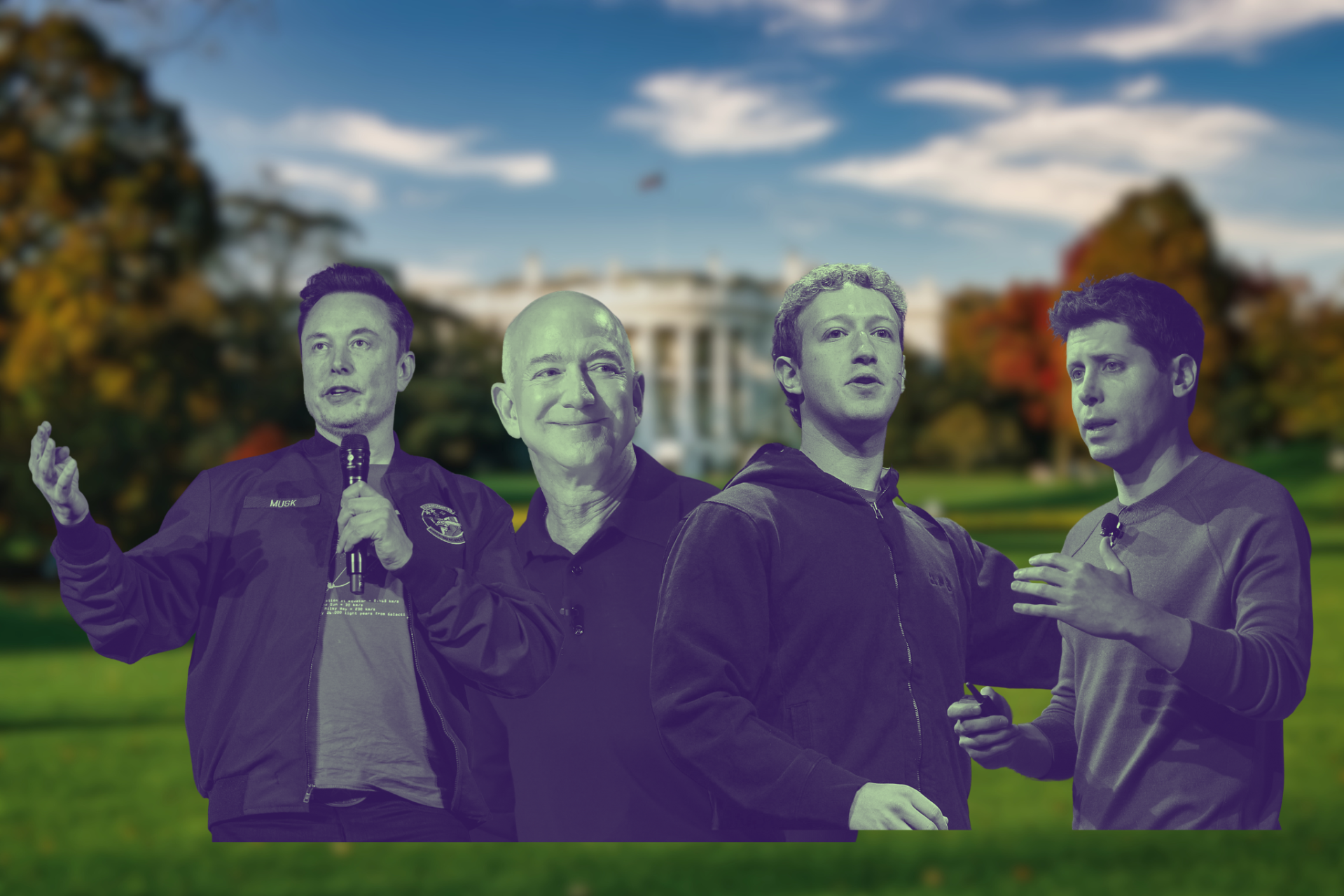



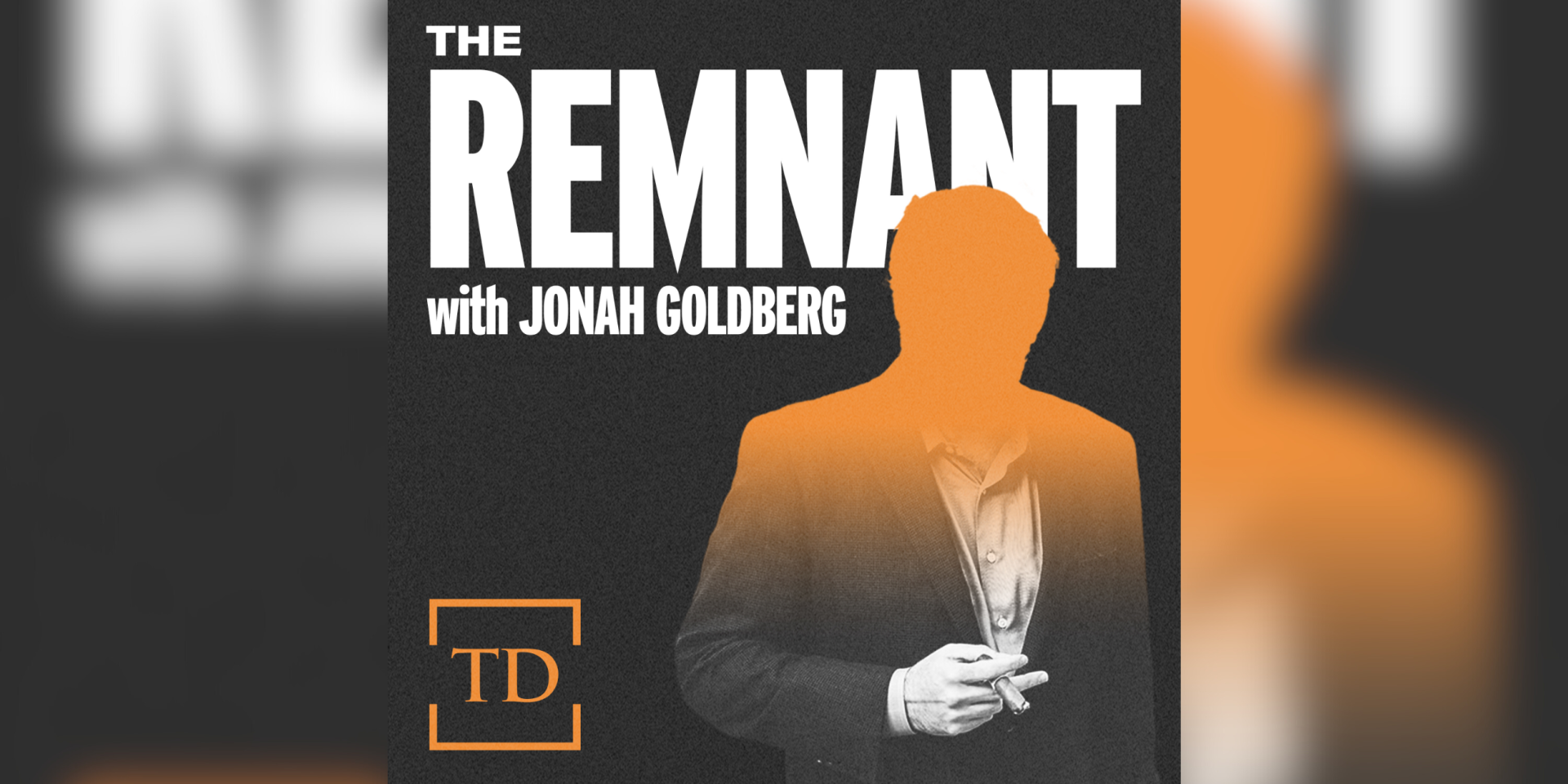



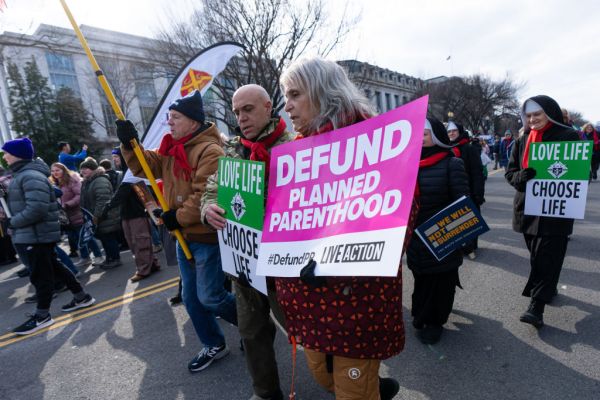

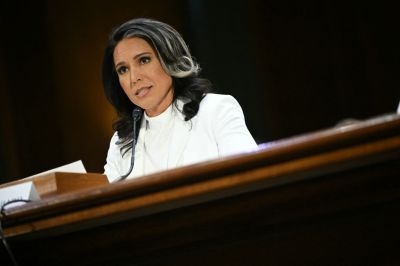
Please note that we at The Dispatch hold ourselves, our work, and our commenters to a higher standard than other places on the internet. We welcome comments that foster genuine debate or discussion—including comments critical of us or our work—but responses that include ad hominem attacks on fellow Dispatch members or are intended to stoke fear and anger may be moderated.
With your membership, you only have the ability to comment on The Morning Dispatch articles. Consider upgrading to join the conversation everywhere.